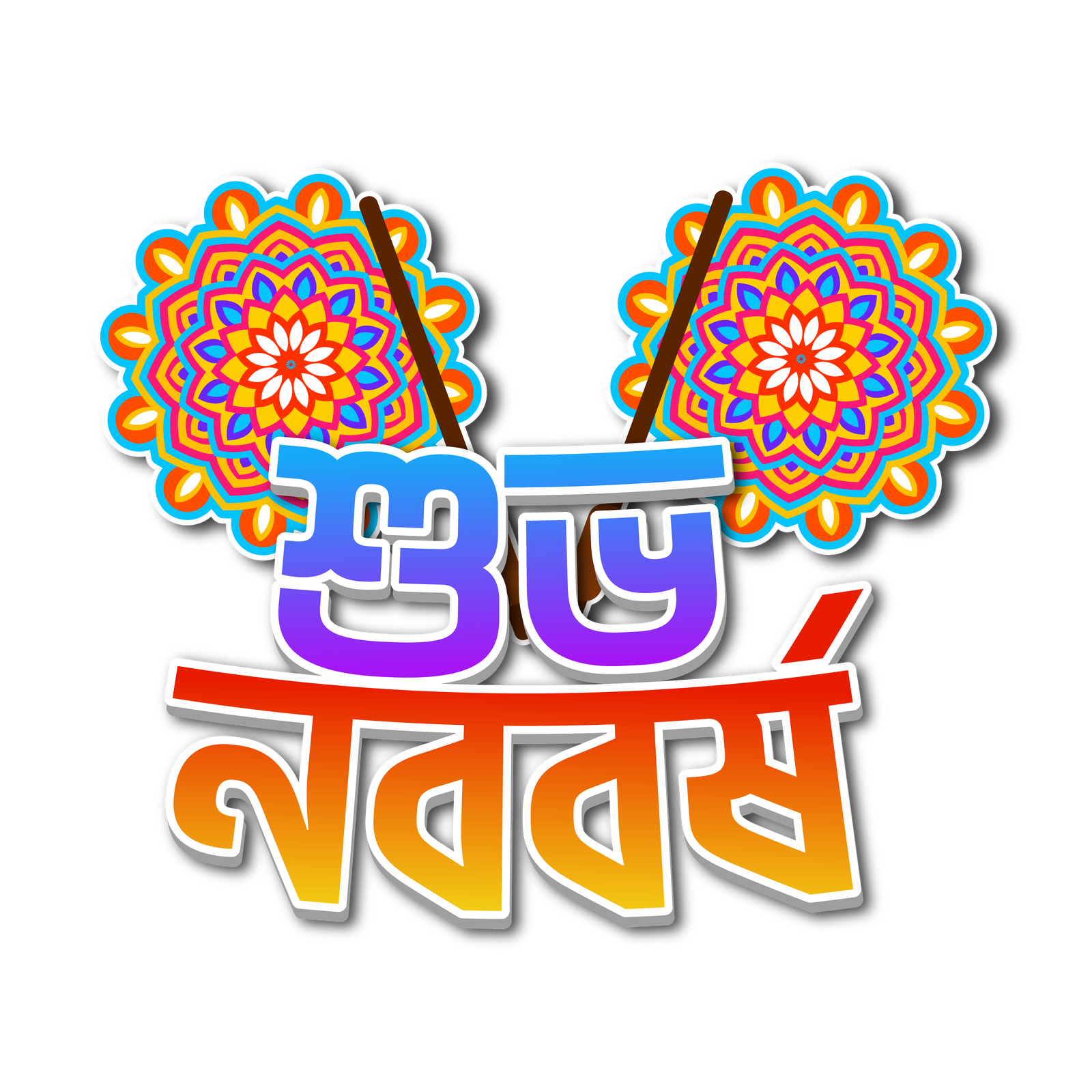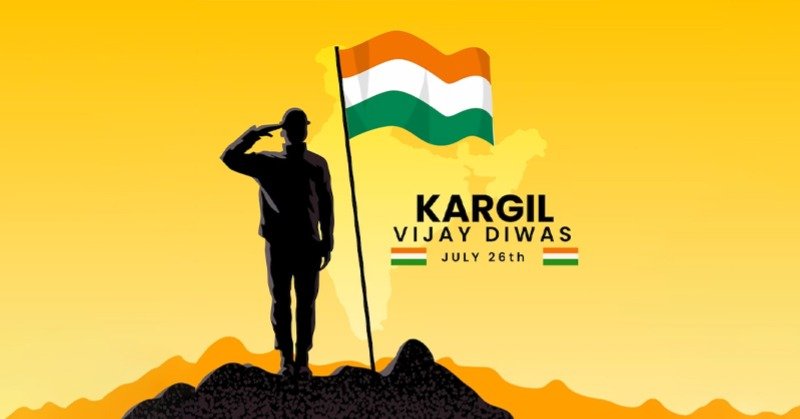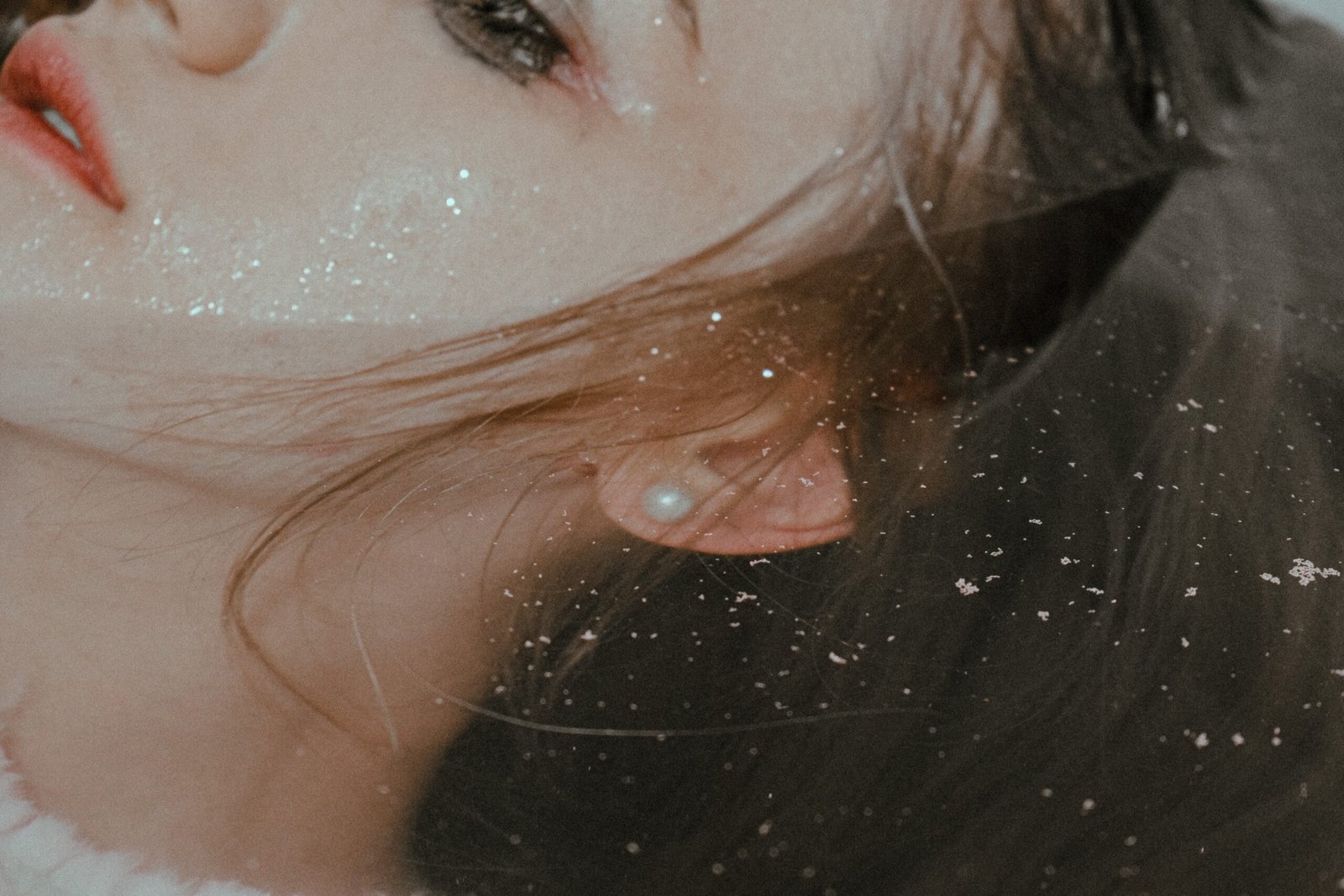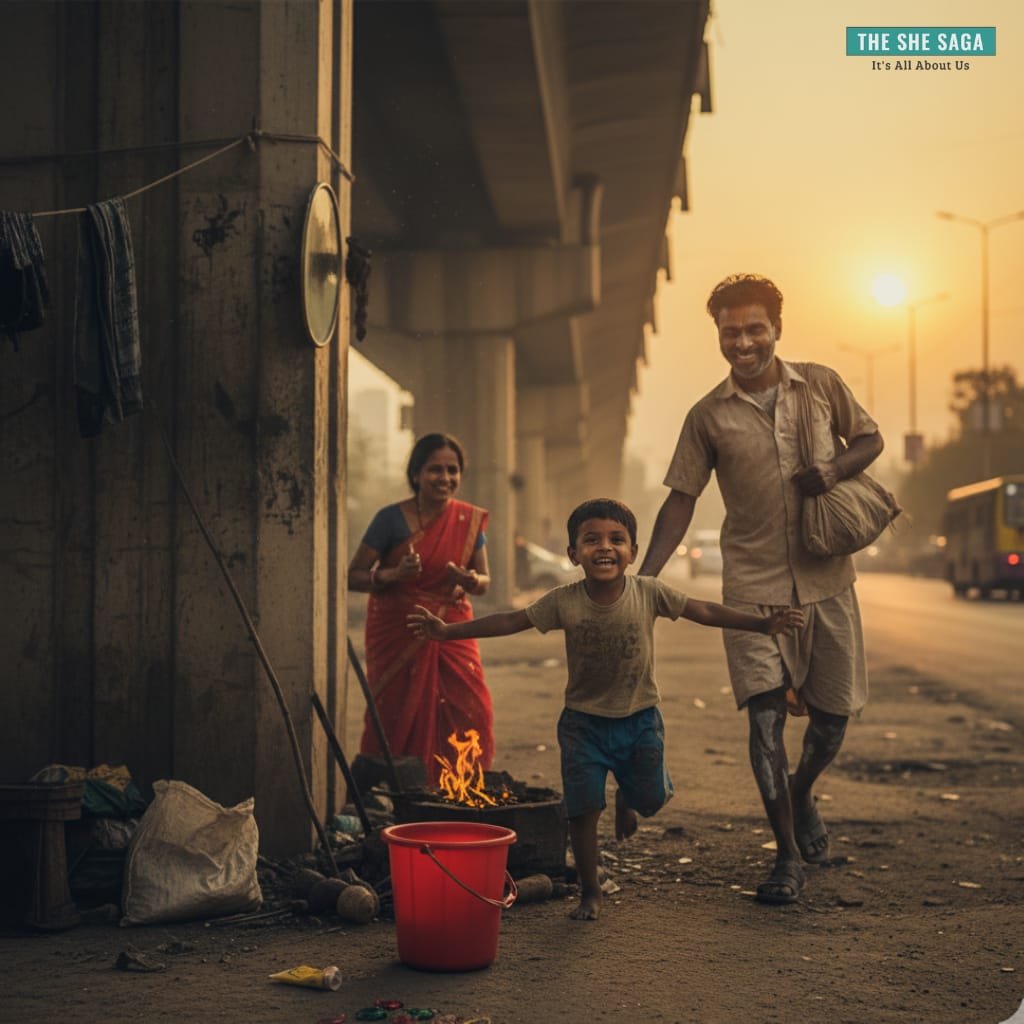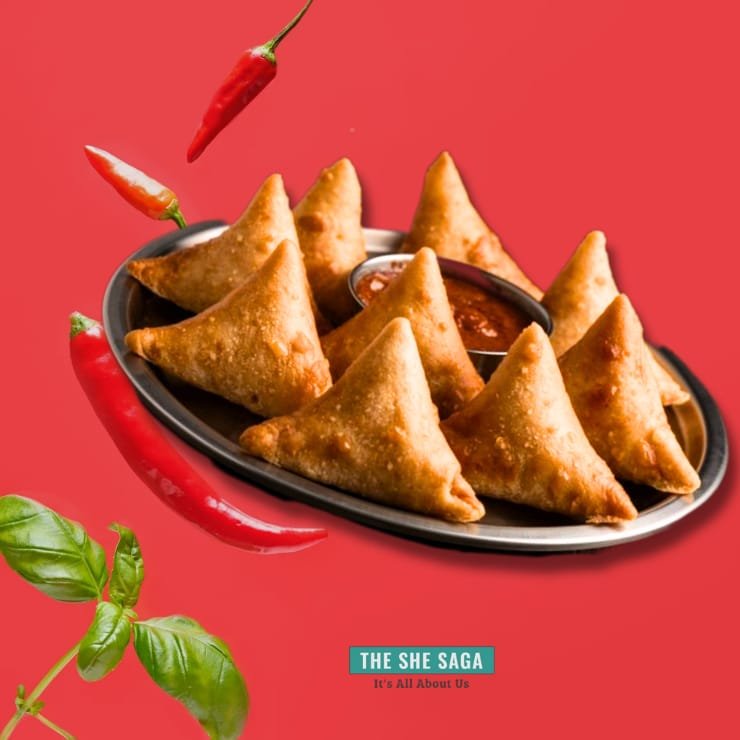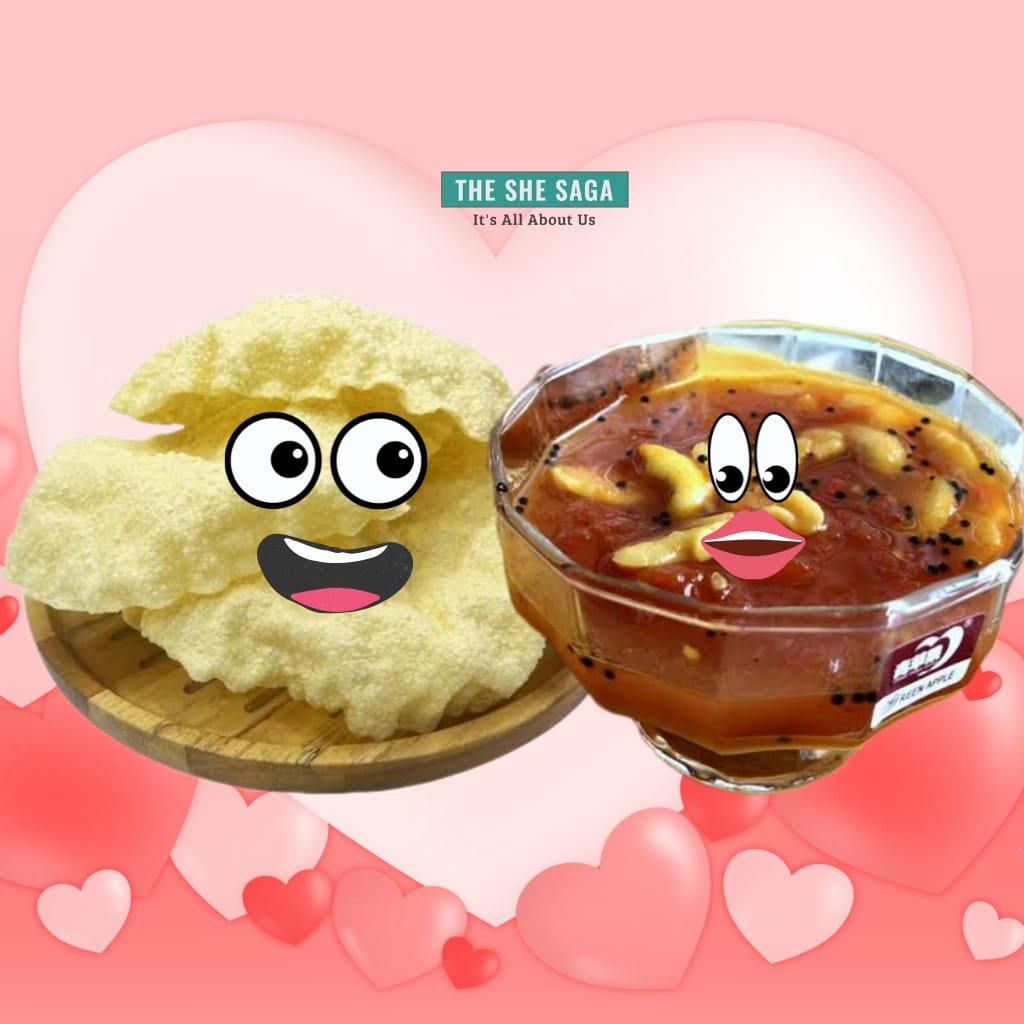“Esho hey boisakh, esho, esho.” O Boisakh, I call on you!
Time for celebration
Poila Baisakh, or “Pohela Boisakh,” is the first day of the Bengali calendar. It is celebrated around the 14th or 15th of April every year. It is much more than a festival for Bengalis; it is an emotion!
- The whole Bengali community becomes alive with the fragrance of new dresses, fairs, cultural extravaganza, and much more.
- The air is filled with whiffs of the delicious meals being prepared in every household.
- The whole community is engaged in greeting each other with “Subho Naboborsho”—Happy New Year—and dreams of a great year ahead.
About the festival
The festival is said to have its origins during the Mughal rule in India. King Akbar came up with a Mughal calendar—a combination of the Islamic and Hindu calendars. It was used to calculate tax collection more efficiently. Poila Baisakh and the tax season coincided, giving rise to the earliest traces of this celebration. Also, it is known that Bengali zamindars used to offer sweet dishes to their subjects on this day.
It is an official holiday in West Bengal and some other states of India. Schools, colleges, and offices remain closed on that day. Also, it is time for every Bengali household to buy the “Panjika,” a year-long handbook that denotes the festival and auspicious timings throughout the year.
The whiff of nostalgia
Poila Boisakh is special to me because of the nostalgia associated with it.
Tradition of new clothes
All members of the Bengali household, especially kids, would need to wear new clothes on this day as if this were a court ruling. It was a great feeling to smell the fragrance of new clothes on the morning of the Bengali New Year! Beautiful and colourful frocks would adorn my wardrobe on this day.

Thrill of Chaitra sale
Months before the festivity, all shops would start putting up the “Chaitra Sale”—every weekend (and sometimes even weekdays) a month before was spent on a shopping spree for the entire family.

Handmade Cards- A Labour Of love
I remember the customary hand-made cards we used to make for every friend in our para (neighbourhood). This required rigorous effort—buying chart papers of different colours, cutting and folding them into mini cards, finding a suitable message for each friend, and finally, writing the message and decorating the cards with colours, sequins, glitters, and what not! I wish we had cameras and photos during those days to capture the extravaganza for memories. On D-day, we would hand over the cards to our friends with great pride. The later part of the day was spent counting if we received the exact number of cards that we made for our friends; in short, was the friendship reciprocated?
An Aromatic Fare
On the first day of the Bengali year, the morning would be spent watching mother prepare great food—luchi (poori), cholar dal (chana dal), kosha mangsho (mutton), polao, chatni, payesh, and much more. After a hearty meal, it would be time to visit friends and family members to wish them Shubho Nababorsho along with packets of freshly prepared sandesh, rosogolla, misti doi, or payesh! The dress code would always be traditional sarees and kurtas.

Community programmes – A talent show
The evening would be spent watching the great array of cultural programmes performed by the stars of society. It involved a great deal of practice. Songs, dances, and plays would colour up the beautiful day.
I can summarise this in one sentence
Poila Boishakh is an emotion!
It is believed that how we spend this day will determine the rest of the year; hence, people try to make this day as beautiful as possible.
Many businesses, shops, and organisations start their new financial year in Poila Baisakh. It is considered auspicious to start new ventures on this day.
Poila Boisakh ushers in a time of new beginnings, hopes, and joys for a prosperous new year ahead!





